1990s: Climate Change
The 1990s: Climate Change
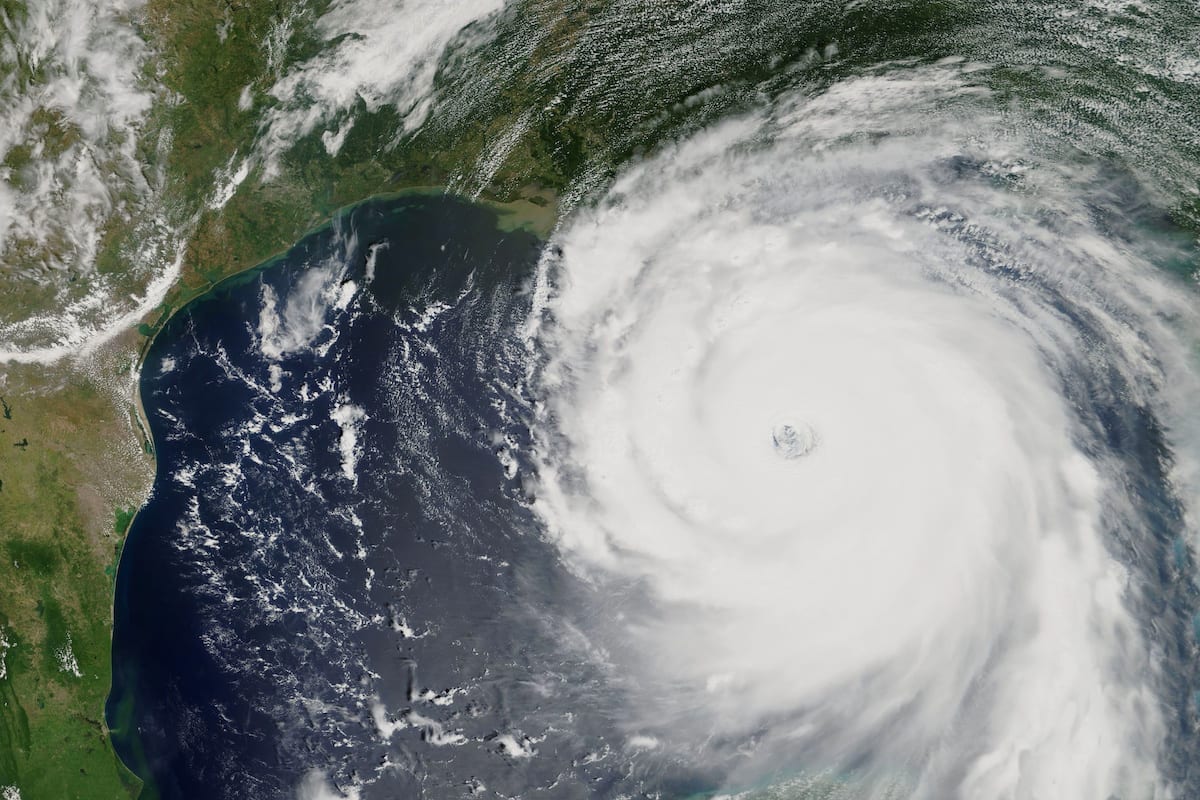
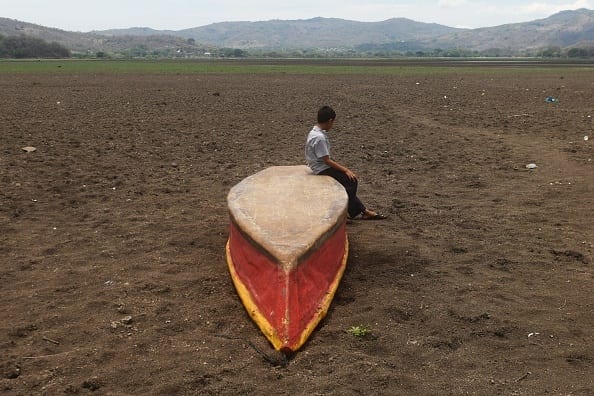
1990s: Climate Change

In the 1990s the Social Science Research Council established a research committee on Global Environmental Change to study the “long-term, large-scale interfaces of humanity, technology, and the global environment.”
— (Rockwell, 1990)
In the 1990s the Social Science Research Council established a research committee on Global Environmental Change to study the “long-term, large-scale interfaces of humanity, technology, and the global environment.”
— (Source)
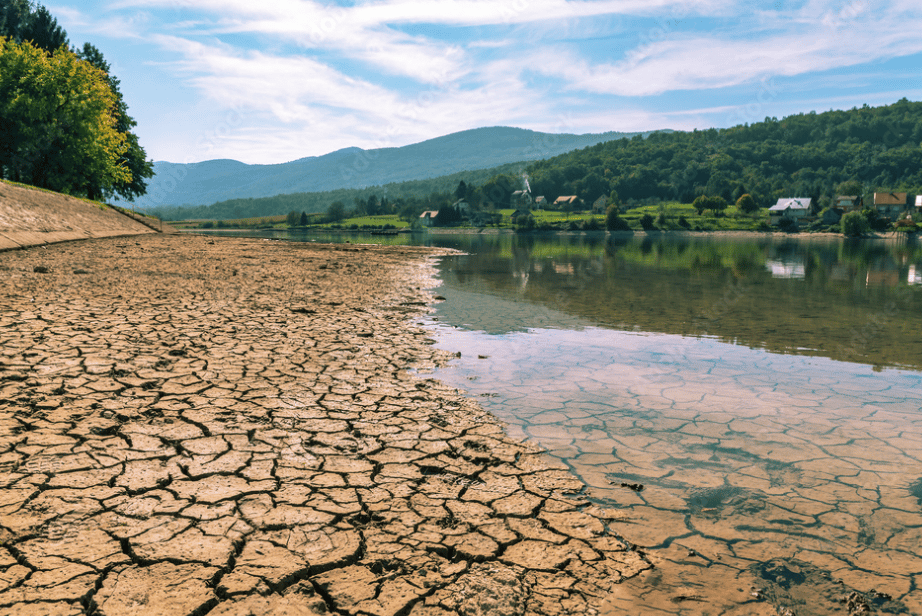
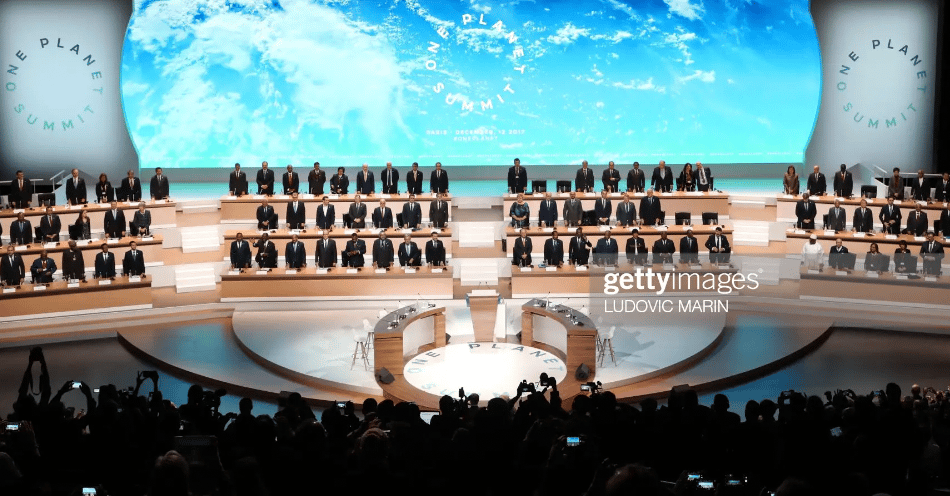
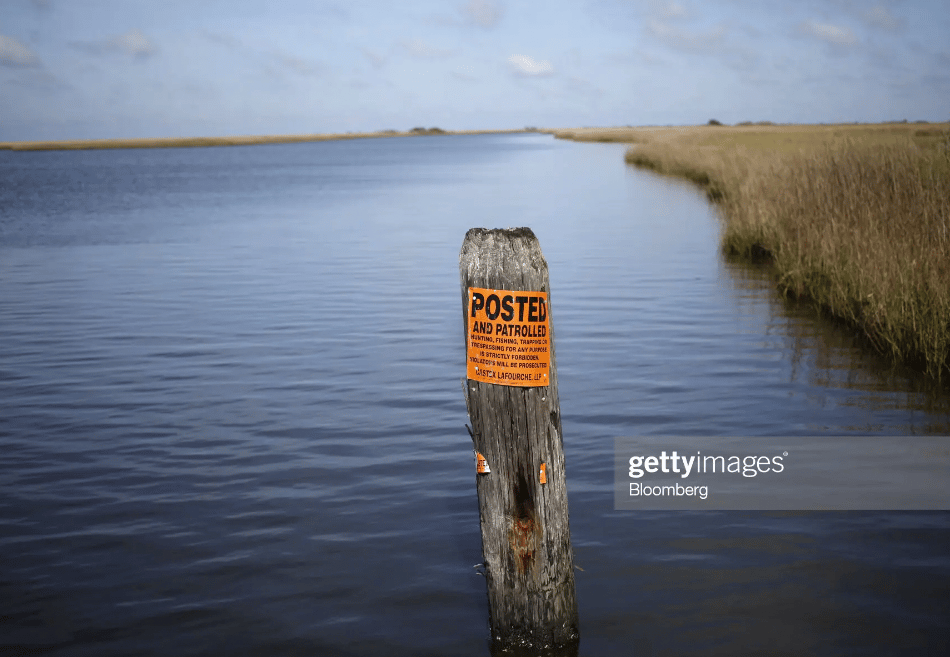
Observing that global environmental change “occurs over periods of decades to centuries,” and “on a scale of continents or broader,” the committee sought to move beyond “society-bound studies that have long characterized our research.”

The committee targeted four areas for investigation: the distribution of land ownership, land use changes, the national implementation of international accords, and social learning in the management of global environmental risks. The resulting research consortium sponsored nearly two dozen workshops and conferences, and produced numerous reports.
Social and behavioral scientists have continued to identify interventions that may increase support for climate change mitigation policies.
In a large-scale survey experiment in France, researchers found that showing respondents that a carbon tax and targeted dividend policy would not cause them economic losses, and would be both effective and equitable, increased acceptance of the proposed policy by large magnitudes.
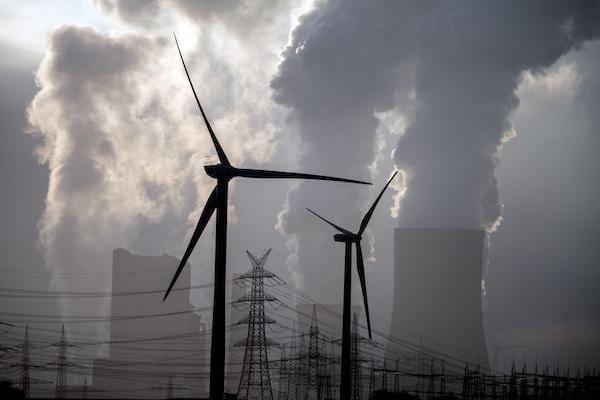
Randomized “Home Energy Reports” sent to residential utility customers comparing their electricity use to that of their neighbors substantially reduced energy consumption, with the highest-consumption households generating the largest decreases in electricity use.

In large-scale survey experiments in 20 countries, researchers found that providing information about effectiveness, distributional impacts, and own-household impacts can substantially increase support for climate change mitigation policies.
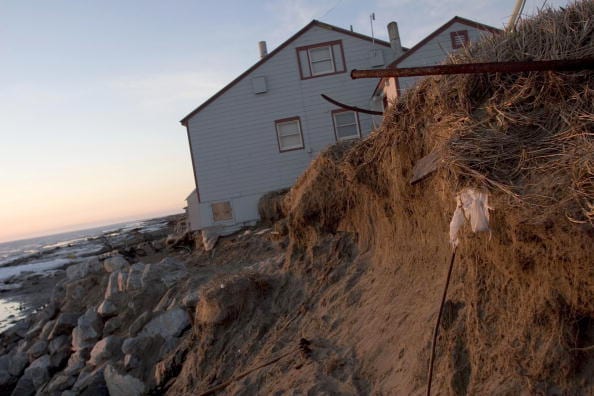
Wind turbines and solar panels in Oahu, Hawaii.
In a series of survey experiments in France, Germany, the United Kingdom, and the United States, researchers found that climate change mitigation policies with projected constant costs consistently received majority support.

Suggestion Form
What other notable contributions have been made by social and behavioral science to identifying solutions to pressing societal challenges?
Suggestion Form
What other notable contributions have been made by social and behavioral science to identifying solutions to pressing societal challenges?
Explore More History of Social and Behavioral Science
Social Science Research Council
300 Cadman Plaza West, 15th Floor
Brooklyn, NY 11201, USA
212-377-2700
Social and behavioral science
for the public good.
The Social Science Research Council, a nonpartisan nonprofit founded in 1923 by seven professional associations in the social and behavioral sciences, mobilizes policy-relevant social and behavioral science for the public good.

